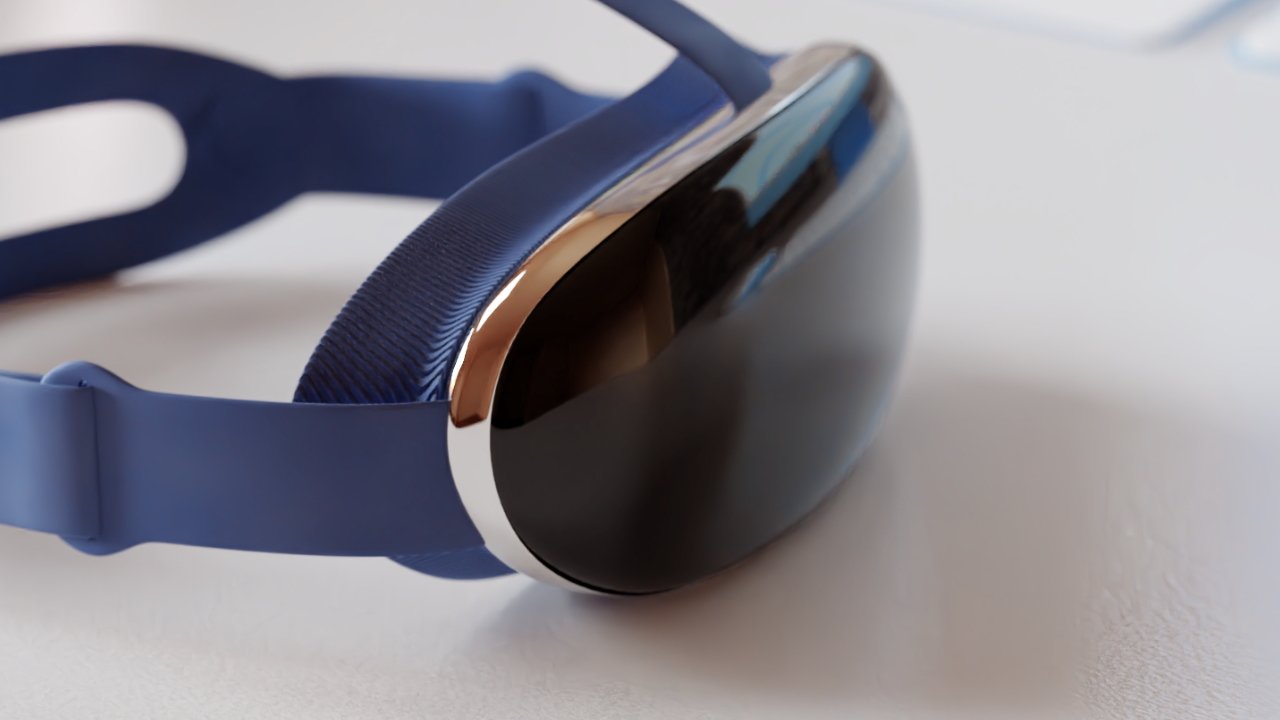Apple has long been reported to be planning to ultimate release lower-cost Apple AR headsets, but a new report claims the company has started over with a new design.
Apple has previously been expected to launch at least two, more likely three, headsets for AR, VR, or Mixed Reality. Most recently, it's been reported that one, called Apple Glass, has been shelved.
That device is believed to have had an codename of N421. There has also been an N301, called "Apple Reality Pro," and an N602 which included a lower-cost variant.
Now, however, The Information reports the existence of what's called N109. Although reportedly still in its early stages and not yet at the working prototype stage, three unspecified sources said it is specifically aimed at being made more budget-friendly.
One of the sources says that it is intended to be priced around the same as an iPhone, meaning up to around a possible maximum of $1,600. Previous reports have claimed the first Apple AR headset will cost in the region of $3,000.
Cost cutting
To achieve the lower price point, the sources say engineers are looking to use cheaper and fewer components. For instance, the internal displays — expected to be 4K in the higher price headset — could have lower resolution.
There might also be fewer external cameras, and users may have to manually adjust the headset's initial focus setup, instead of it being done automatically.
It's also possible that the lower cost headset would use slower processors. That could even have a benefit in that it would reduce the need for internal fans.
Also reportedly being discussed is dropping the H2 wireless processor, using cheaper materials, and potentially moving the battery into the headband.
One source claimed that Apple may be able to cut costs through its recently revealed aim of dropping Broadcom. Currently Broadcom supplies Bluetooth and Wi-Fi processors, but Apple may be able to produce its own versions by late 2024 or early 2025.
 William Gallagher
William Gallagher







-m.jpg)






 Wesley Hilliard
Wesley Hilliard
 Christine McKee
Christine McKee
 Malcolm Owen
Malcolm Owen

 Andrew Orr
Andrew Orr






-m.jpg)




3 Comments
Apple does not make “cheaper” products or components. They make less expensive, value orientated, various price point products but not “cheap” products.
If Apple was truly going to release this product in the next several months, I kind of doubt that they would be monkeying around with creating a brand new product with the intent of having a lower price point. That type of decision would have been made more than a year ago at least.
And as IOS Guy stated, Apple doesn't do "cheap". Highly suspect rumor.